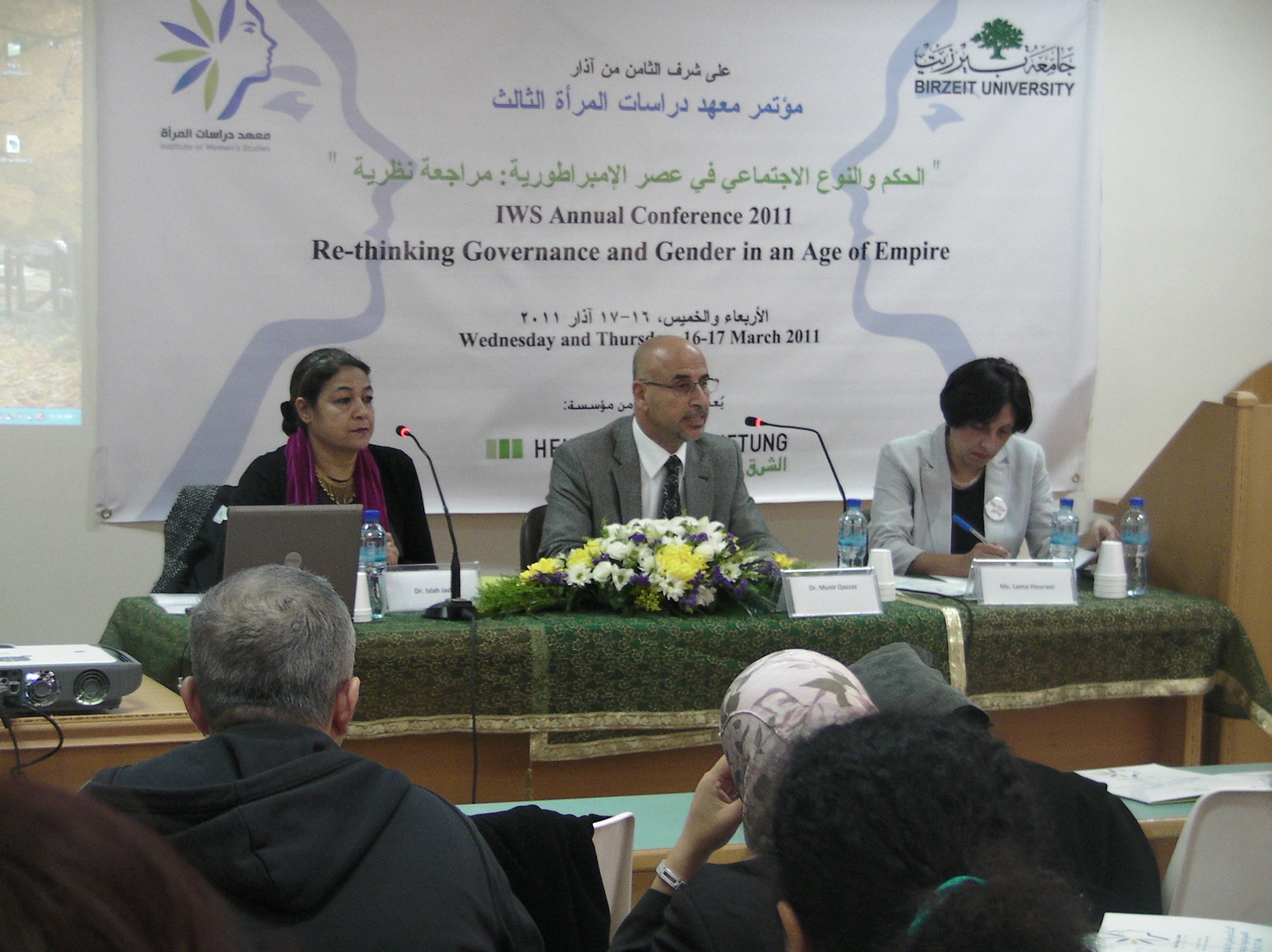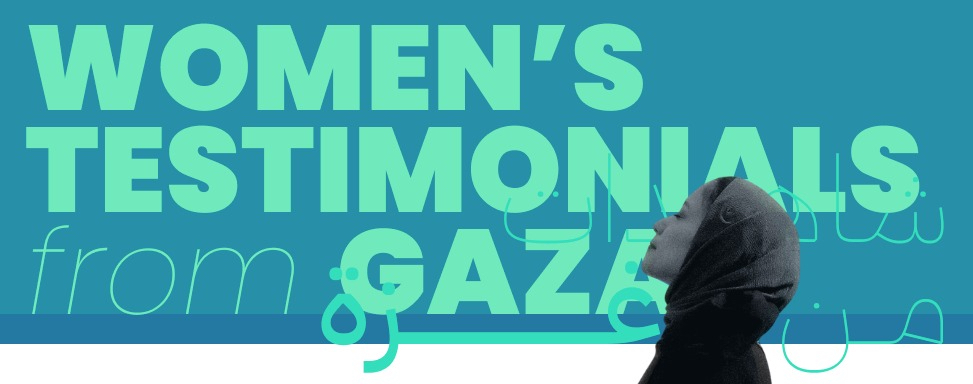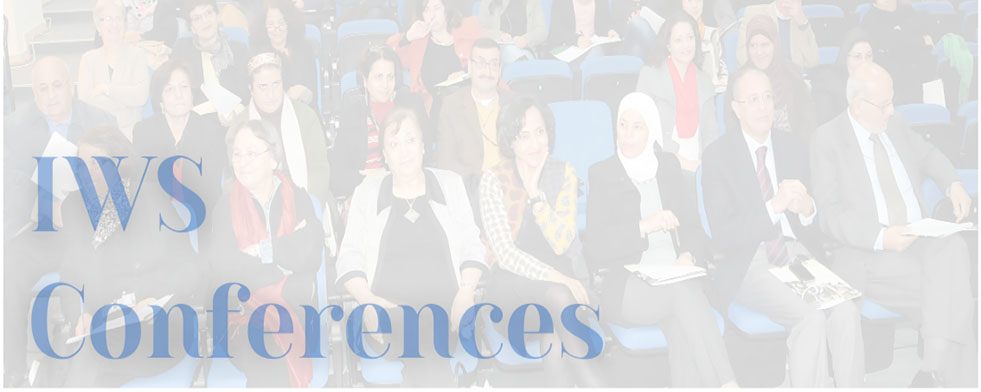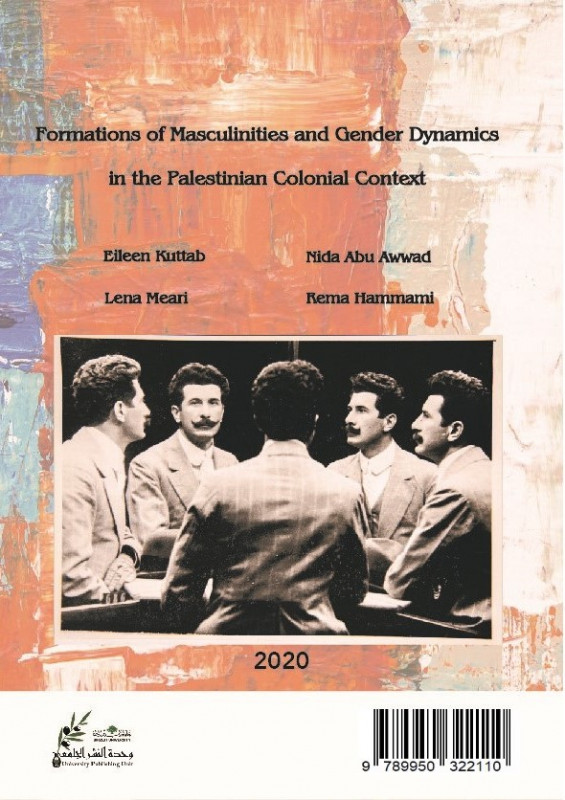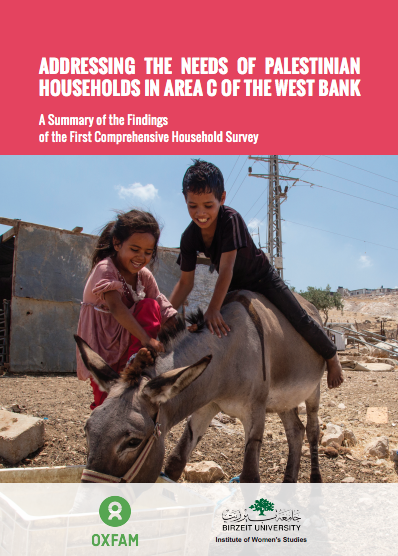Institute of Women's Studies at BZU holds the 3rd annual conference on "Re-thinking Governance & Gender in an Age of Empire"
BZU Vice President for Community Affairs, Dr. Munir Qazzar, said that this conference comes as a continuation of the success achieved during the former two conferences, organized by the Institute of Women's Studies (IWS) at BZU since 2009.
This came during the opening session of the Conference on "Gender and Governance in an Age of Empire," organized by IWS during 18-17 March 2011, and was attended by a number of researchers and scholars, as well as a large number of interested people and university students.
The Director of IWS, Dr. Islah Jad, briefed the attendees on IWS and thanked all those, who contributed to the preparations for the Conference.
This year's conference aims to explore issues of gender and governance in (post-) colonial contexts. The conference is privileged to have several leading feminist thinkers and activists from India presenting at this year's conference, as well as a range of academics and activists from Palestine and the Middle East region.
The first session addressed the subject of governance in the context of post-colonialism from a gender perspective, which included a major intervention by a gender equality and institutional change expert with over 30 years of experience in addressing gender issues in a variety of development organizations, Aruna Rao. Rao said that the communities have granted humanitarian groups rights and opportunities on the basis of social identity, but colonialism exacerbated the situation of women, and proposed a model for the realization of women's rights through the institutional and organizational change within the principles that are more global than citizenship and human rights. She provided a conceptual model that integrates the processes of change in terms of individual and systemic transformations, with the formal and informal dimensions. Rao pointed out that what she has stated represents the viewpoint of a dynamic rule in the broad sense.
Dr. Rema Hammami, a founding member of IWS at Birzeit University, presented a working paper on "Palestinian Governmentality: Between the Politics of Life & Death", seeking to ask questions on the concept of governance in the Palestinian context and mechanisms of domination exercised by the governing system.
The researcher at IWS , Ms. Reem Botmeh, addressed the Legal Reform in Palestine & Its Implications for Gender Equity, basing her intervention on her own observations in the Shariaa' courts.
The paper by Mr. Raji Surani, Director and founding member of the Palestinian Centre for Human Rights in Gaza, dealt with the rule of law in Gaza Strip, overviewing the most important legislation affecting women's rights, which were issued during the reigns of Gaza Strip, starting from the Ottoman Empire era, passing through the British mandate, and then under Egyptian administration and the Israeli occupation, and ending with the Palestinian Authority era. He addressed the impact of division on the unification of legislation.
The Professor of Sociology at BZU, Dr. Ismail al-Nashef, explained that the dismantling of the colonial structure requires us to get out of the oppression deeply embedded inside us, and thus get out of the context of the colonial power imposed on us. He believed that the legal struggle is one possibility, but the need justifies search for other possibilities to explore the resistance activity by the Palestinians of 1948.
During the 3rd session, Dr. Kalyani Menon-Sen, who is a feminist activist, researcher and writer with over twenty years of experience of working on women's rights issues, spoke about the strategies followed by women's movements in confronting violence against women in India, and its relation to the practice of democracy, as an exercise not only for women, but for all marginalized groups in Indian society..
In her paper entitled: "Palestinian Political Economy under Colonialism: Toward Greater Dependency," the researcher and faculty member of the Institute of Women's Studies, Ms. Eileen Kuttab, addressed the structural obstacles set by the occupation, noting that the Palestinian Authority's economic and development policies have led to more dependence under colonialism.
It is worth mentioning that the conference's three session will cover a variety of topics on : Gender and Governance: resistance or security of the occupier?, Palestinian civil society: system: an alternative to the rule?, Mainstreaming the gender perspective: the experience of Palestinian women in the institutions of governance, Testimonies from Sheikh Jarrah survival or resistance strategies, Governance for Liberation, Self-Reliance & Gender Justice, Prisoners & the Poor in an Emerging Palestinian Social Contract, and other issues.
Over the past two years, the IWS annual conferences have proven to be an exciting venue for critical debate and exchange amongst students, academics, government representatives, NGOs and activists from all walks of life on gender and gender justice in local, regional and global contexts.

